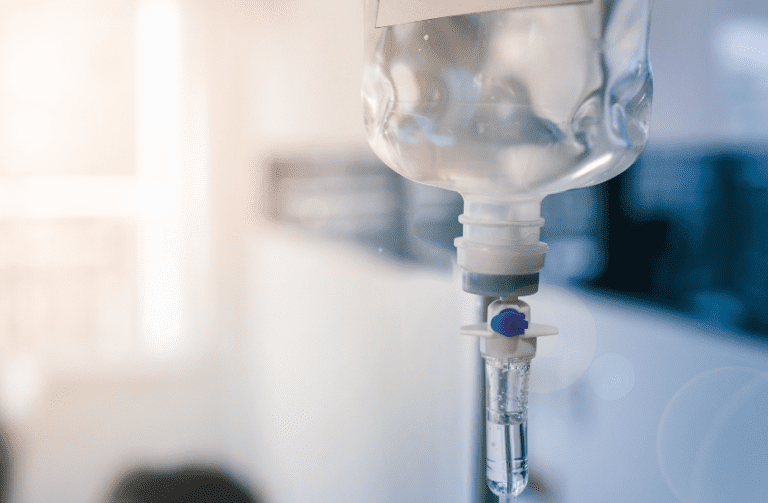One of the most difficult addictions for any individual to overcome is meth addiction. Sadly, this potent drug has a high risk for former users to have a meth relapse. However, a meth relapse can be avoided through the use of professional addiction treatment services as well as a variety of relapse prevention strategies.
Understanding Meth and its Effects
Meth, which is short for methamphetamine, is an extremely potent and highly addictive drug. When ingested, meth affects a person’s central nervous system, allowing it to have effects throughout the entire human body, including in the brain.
Meth is classified as a stimulant drug. Drugs within this category produce accelerated brain activity. In doing so, those who ingest meth typically experience increases in energy, alertness, and sensitivity. However, meth can also accelerate bodily functions, resulting in rapid heart rates, higher blood pressure, and hyperthermia in some cases.
Meth and the Brain
The most significant effect meth has on a user is on their brain. The consumption of meth triggers the brain to release dopamine, a chemical that provides a person with feelings of pleasure and reward. However, meth damages this vital function in the brain. As a result, it is often difficult for meth users to have dopamine releases with or without consuming meth. By breaking this function in the brain, a meth addiction rewires a person for further addictive behavior to seek immediate but often unhealthy pleasures and behaviors.

What is a Meth Relapse?
Unfortunately, the process of becoming sober and overcoming an addiction is never truly completed. Recovery from addiction must be maintained for the rest of an individual’s life. This is primarily due to the effect drugs like meth have on the brain. If an individual returns to meth use at any point after becoming sober and committing to recovery, that individual has had a meth relapse.
Strategies for Preventing a Meth Relapse
Preventing a meth relapse requires an individual to maintain their commitment to their sobriety and take certain steps to ensure that sobriety. Some of the best strategies for preventing a meth relapse include:
Meth Addiction Counseling
One of the most effective ways to treat a meth addiction and prevent a meth relapse is through addiction counseling. Counselors who specialize in treating individuals with addictions can help them understand the mental aspect of their addiction, identifying the thoughts, feelings, and patterns that led to and contribute to their addiction. In doing so, former addicts can better understand how to combat their addiction and remain in recovery.
A Strong Support System
Another vital aspect of a successful recovery is a strong support system. Addiction has a way of impairing a person’s judgement and impulses. Because of this, it is always wise to have a support system to lean on when the desire to return to meth use is triggered. A strong support system should consist of individuals who support a person’s recovery; these individuals can include friends, family, sponsors, counselors, and more.

Aftercare Services
Most addiction specialists understand how difficult it can be to remain in recovery. To address this, many rehabilitation facilities offer aftercare services in addition to their standard addiction treatment services. Aftercare services are not required but often benefit those who use them. These services can take a number of forms but typically consist of weekly or biweekly meetings, group therapy sessions, activities, and lessons on different coping strategies. By engaging in these kinds of services from professionals, those in recovery can more effectively maintain their commitment to their sobriety.
Interested in Meth Relapse Prevention Services?
If you or a loved one is living with a meth addiction or fears a potential meth relapse, help is available near you! At Knoxville Recovery Center, our addiction specialists offer several addiction treatments and therapies as well as aftercare services in order to help our patients achieve lasting recovery. Contact us or give us a call today for more information.








